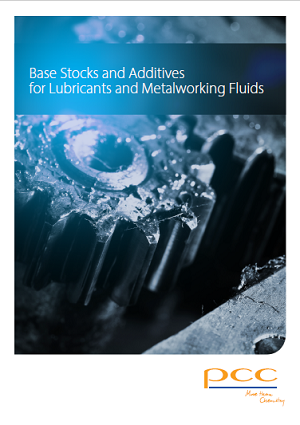Products catalog

Modern lubricants are highly specialized and complex products. They contain mainly base oils (most often these are petroleum fractions, poly-alpha-olefins, esters, polyalkylene glycols or silicones) and a number of additives that reduce friction, increase viscosity, improve lubricating properties or increase corrosion resistance.

Modern lubricants are highly specialized and complex products. They contain mainly base oils (most often these are petroleum fractions, poly-alpha-olefins, esters, polyalkylene glycols or silicones) and a number of additives that reduce friction, increase viscosity, improve lubricating properties or increase corrosion resistance.
Metalworking involves technological processes that change the shape, dimensions, as well as physical and chemical properties of metal.
In terms of the procedures applied, there are four types of metalworking:
Chemicals used in metalworking have several functions. Depending on target requirements, they are used for degreasing metal products before further processes, passivation or phosphating. These substances are used mainly by the metallurgical industry and the industry of lubricants and process fluids.
Subscribe to receive information about new products on the Product Portal and commercial information about the PCC Capital Group
Sienkiewicza 4
56-120 Brzeg Dolny
Poland
Przemysław Kanikowski
email: iod.rokita@pcc.eu